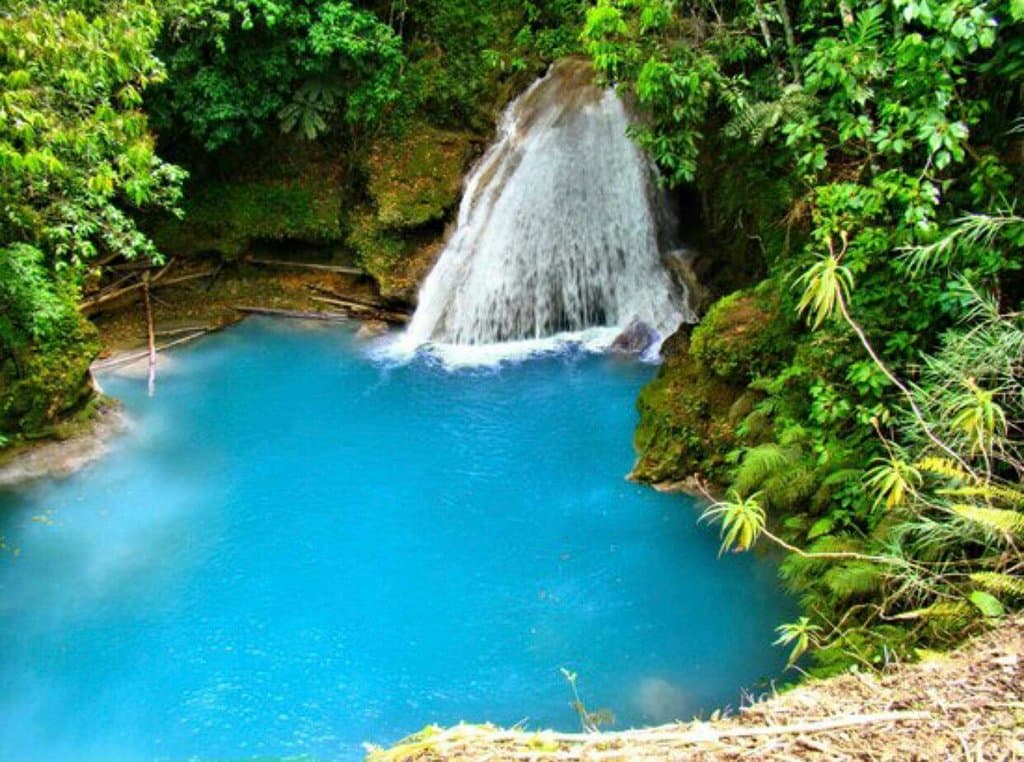
Great Blue Hole
A massive marine sinkhole, the Great Blue Hole is a world-renowned dive site and a breathtaking natural wonder off the coast of Belize.
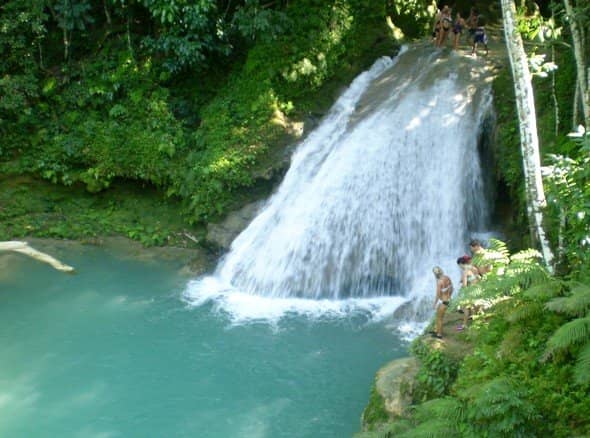
Highlights
Must-see attractions

Social
From TikTok & Reddit
Best Time
Best visibility for aerial views

Great Blue Hole
Best Time
Best visibility for aerial views

Highlights
Must-see attractions
A massive marine sinkhole, the Great Blue Hole is a world-renowned dive site and a breathtaking natural wonder off the coast of Belize.
"Flying over the Great Blue Hole in Belize has been one of my top bucket list experiences so far! "
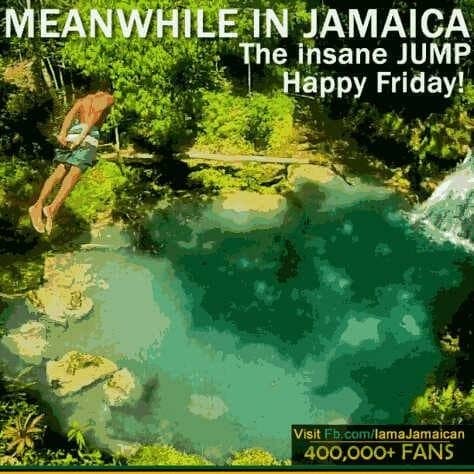
✈️ Fly Over for the Best View
Many find flying over the Great Blue Hole offers a more stunning and less challenging experience than diving.
🤿 Experienced Divers Only for Dives
The Great Blue Hole's depth requires advanced certification. Snorkeling is an alternative for non-divers.
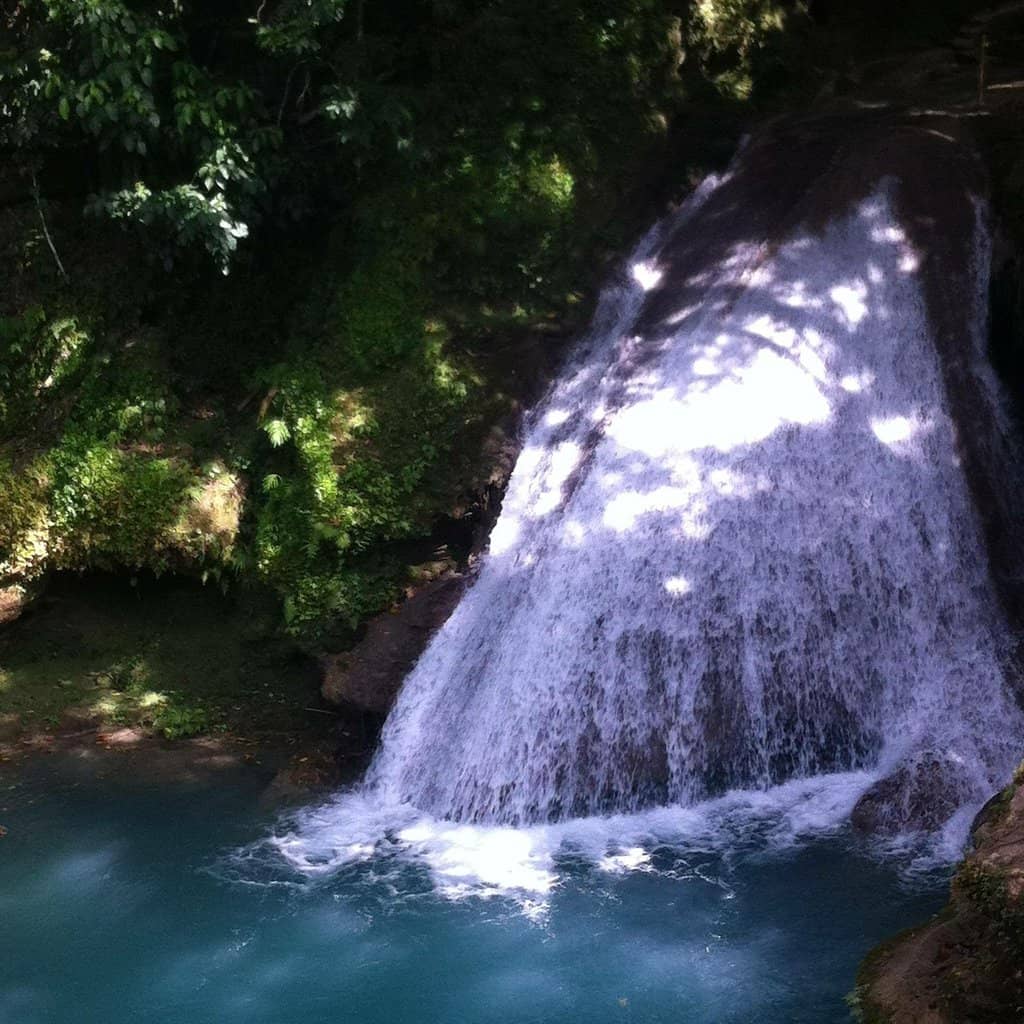
Highlights
Discover the most iconic attractions and experiences
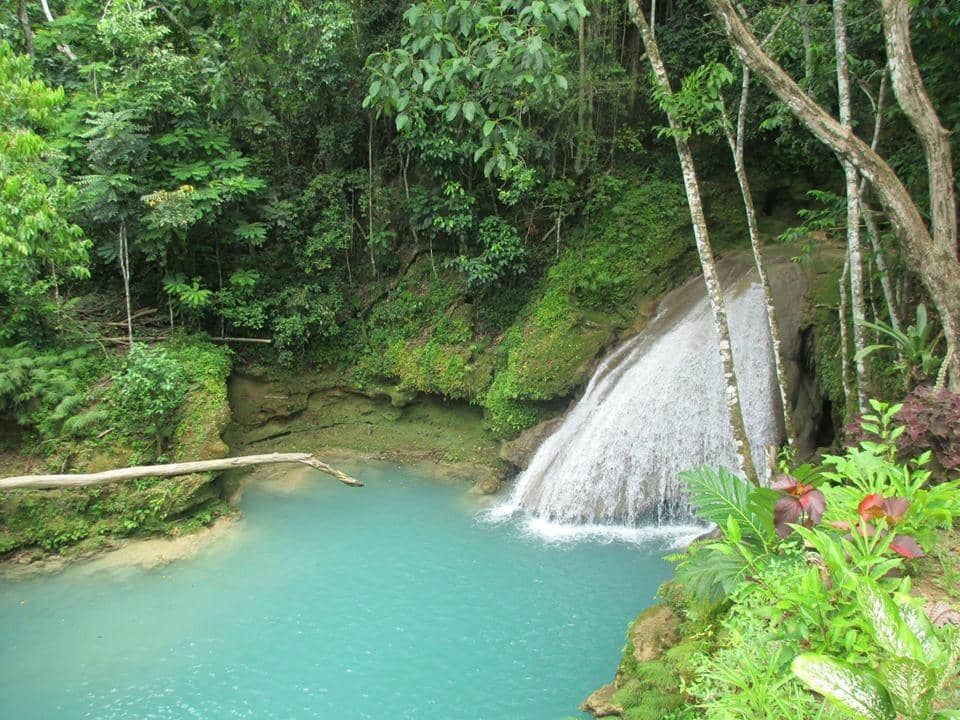
Aerial Spectacle
Witness the near-perfect circular abyss from above. A truly unforgettable sight showcasing the immense scale and beauty of this natural wonder.
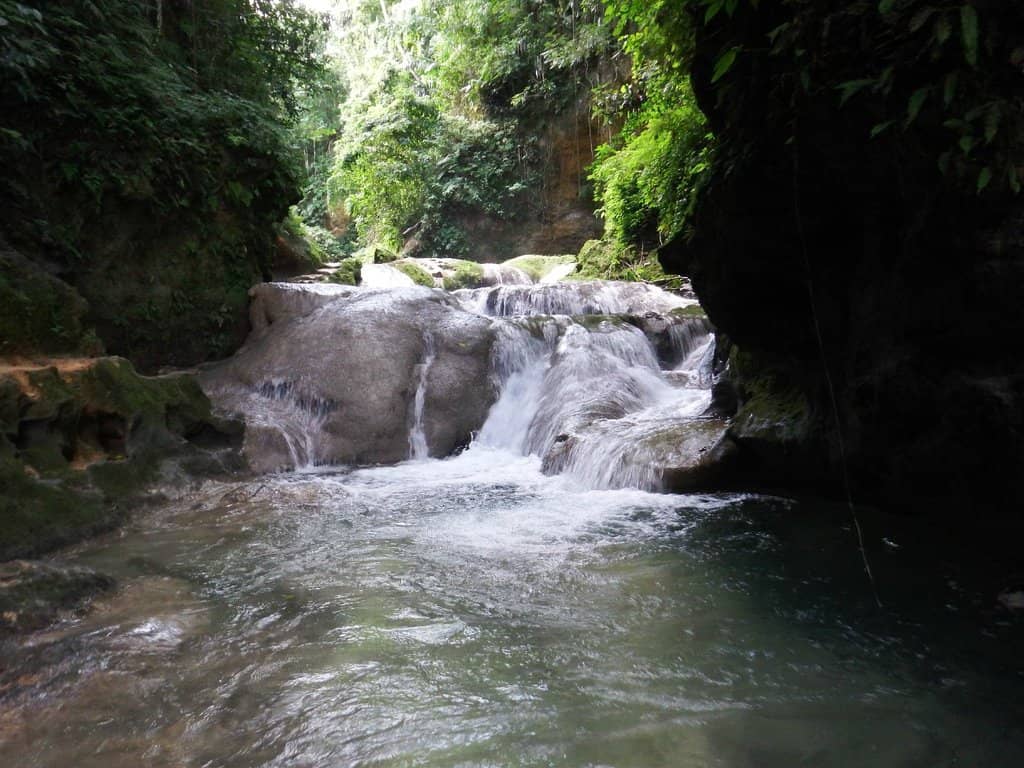
Diving the Abyss
For experienced divers, descend into the deep blue to explore underwater stalactites and encounter marine life.
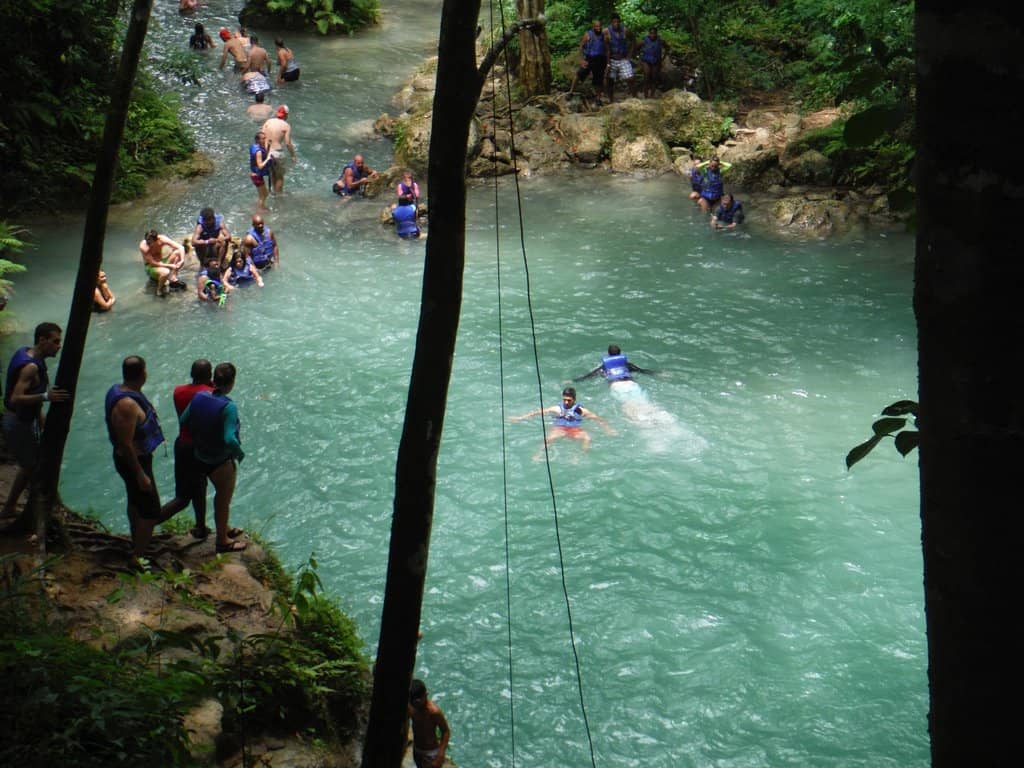
Snorkeling the Reef Edge
While not descending into the hole itself, snorkeling around the perimeter offers vibrant coral and diverse fish species.
Plans like a pro.
Thinks like you
Planning Your Visit
Consider the Depths: Diving vs. Flying
Book in Advance & Prepare for the Journey
Best Times
Insider Tips
from TikTok, Instagram & Reddit
✈️ Fly Over for the Best View
Many find flying over the Great Blue Hole offers a more stunning and less challenging experience than diving.
🤿 Experienced Divers Only for Dives
The Great Blue Hole's depth requires advanced certification. Snorkeling is an alternative for non-divers.
📸 Underwater Camera Tips
Use physical buttons on your underwater case, as touch screens often don't work well submerged.
🛥️ Full Day Excursion
Be prepared for a long day on the water, often 11-13 hours, especially if departing from San Pedro.
Tips
from all over the internet
✈️ Fly Over for the Best View
Many find flying over the Great Blue Hole offers a more stunning and less challenging experience than diving.
🤿 Experienced Divers Only for Dives
The Great Blue Hole's depth requires advanced certification. Snorkeling is an alternative for non-divers.
📸 Underwater Camera Tips
Use physical buttons on your underwater case, as touch screens often don't work well submerged.
🛥️ Full Day Excursion
Be prepared for a long day on the water, often 11-13 hours, especially if departing from San Pedro.
What Travellers Say
Reviews Summary
The Great Blue Hole is overwhelmingly praised for its breathtaking natural beauty, especially when viewed from the air. Visitors highlight the unique geological formation and the vibrant marine life encountered while snorkeling or diving. However, the cost and the challenging nature of diving are frequently mentioned drawbacks, with many recommending aerial tours as a more accessible and equally stunning alternative.
"The flight took about half hour to reach the Great Blue hole & an hour back , but we had to land elsewhere temporarily ( Caye Caulker- Tropic air terminal as there was a plane with a burst tire at John Grief 2 airport- if you are heading near San Pedro Belize do catch this opportunity- really recommended"
Iananis ish
"It was an awesome experience flying over the Big Blue Hole. The bird's eye view of seeing the entire Big Blue Hole was amazing. In addition, the plane also flew over Belize Barrier Reef and Turneffe Atoll, which were beautiful. Along the way, saw a really picturesque shipwreck which constituted a great photo. The flight from Belize City took 1 hour and cost close to USD300, not cheap but worth it."
CK Cheong
"1. It was formed during several ice ages when sea levels were much lower. The collapse of a limestone cave system created this unique geological formation.
2. The hole is circular in shape, approximately 300 meters (984 feet) across and 125 meters (410 feet) deep. Its depth and perfect circular shape make it an ideal spot for divers to explore.
3. The Great Blue Hole is home to a variety of marine life, including tropical fish, sharks, and coral formations. Divers can encounter species like Caribbean reef sharks, nurse sharks, and various types of reef fish.
4. Diving into the Great Blue Hole is a bucket list experience for many divers. The clear, deep waters offer excellent visibility, and the underwater stalactites and stalagmites add to its allure.
5. While the Great Blue Hole is a captivating dive site, it can also be challenging due to its depth and the potential for strong currents. It's recommended for experienced divers.
6. The Great Blue Hole is part of the larger Belize Barrier Reef Reserve System, a UNESCO World Heritage Site. Conservation efforts are ongoing to protect this unique marine ecosystem.
7. The Great Blue Hole attracts tourists from around the world, who come to Belize specifically to dive or snorkel in its waters. Boat tours and diving excursions are available from nearby towns like Belize City and San Pedro."
PIYUSH
What People Like
What People Dislike
Frequently Asked Questions
🚇 🗺️ Getting There
The Great Blue Hole is located off the coast of Belize, part of the Lighthouse Reef. Access is typically via boat tours from Belize City, San Pedro, or Caye Caulker, or through scenic flights. Boat trips can take several hours, while flights offer a quicker, albeit more expensive, aerial perspective.
Many visitors recommend flying over the Great Blue Hole for its spectacular aerial views of the entire sinkhole and surrounding reef. Diving is an option for experienced divers, while snorkeling offers a glimpse of the marine life around the edges.
There are no direct flights to the Great Blue Hole itself, but scenic flights depart from Belize City and San Pedro, offering breathtaking views from above.
Boat trips to the Great Blue Hole can be a full-day activity, often taking 11-13 hours round trip from San Pedro, depending on the tour operator and sea conditions.
While there are blue holes in Mexico, the famous Great Blue Hole is located in Belize. Visiting from Mexico would require travel to Belize.
🎫 🎫 Tickets & Entry
Costs vary significantly. Flights typically range from $300 USD, while boat tours for diving or snorkeling can be around $150-$250 USD per person. Prices can fluctuate based on the operator and inclusions.
While no special permit is required beyond your dive certification, the Great Blue Hole is recommended for advanced divers due to its depth and potential currents. Basic open water certification may not be sufficient for the full experience.
Tours generally operate during daylight hours. Boat tours are full-day excursions, and flight tours are typically scheduled in the morning or early afternoon to take advantage of the best light.
Yes, snorkeling is possible around the edges of the Great Blue Hole. While you won't see the deep cave formations, you can still experience the vibrant coral and marine life.
Booking in advance is highly recommended, especially for flights and popular boat tours, as they can fill up quickly. Last-minute availability might be limited.
🎫 🤿 Onsite Experience
Divers and snorkelers can encounter a variety of marine life, including Caribbean reef sharks, nurse sharks, tropical fish, and impressive coral formations.
The Great Blue Hole is approximately 124 meters (407 feet) deep. Its immense depth is a key feature that makes it a unique diving destination.
The deep waters of the Great Blue Hole contain ancient stalactites and stalagmites, remnants of when it was a dry cave system during ice ages. These formations are a major draw for divers.
The Great Blue Hole can be challenging due to its depth and potential for strong currents, making it best suited for experienced divers. Tragically, there have been fatalities associated with diving here.
Visibility is generally best during daylight hours, especially when the sun is high. Sunny weather significantly enhances the underwater viewing experience.
📸 📸 Photography
Aerial shots from a plane or helicopter offer stunning perspectives of the hole's circular shape and surrounding reef. Underwater, divers can capture unique geological formations and marine life.
For underwater photography with a phone in a case, use the physical buttons on the case rather than the touchscreen, as touch functionality is unreliable underwater.
Yes, tour boats often pass by scenic spots, including shipwrecks, that make for great photo opportunities on the way to or from the Great Blue Hole.
Specific drone regulations can vary. It's advisable to check with local authorities or your tour operator regarding drone usage to ensure compliance and respect for the environment.
Its perfect circular shape, immense depth, and the stark contrast between the deep blue center and the turquoise shallows of the surrounding reef create a visually dramatic and unique landscape.
For Different Travelers
Tailored advice for your travel style
👨👩👧 Families with Kids
Alternatively, boat tours that combine snorkeling at the reef edge with the journey to the Blue Hole can be a great option. This allows younger or less experienced swimmers to enjoy the vibrant marine life and coral formations in shallower, safer waters, making it a more inclusive experience for the whole family.
💰 Budget Travelers
Consider group discounts or booking tours that include multiple stops, such as visiting other parts of the Belize Barrier Reef, to maximize your investment. While the Great Blue Hole is a highlight, exploring other accessible reef areas can also provide incredible value and memorable experiences.
📸 Photographers
Underwater photographers should be aware of the depth and lighting conditions. While the deep blue is dramatic, snorkeling offers better light for capturing colorful coral and fish. If diving, focus on the unique geological features like stalactites and the marine life that inhabits the upper layers of the hole. Remember the tip about using physical buttons for underwater phone photography!
Deep Dives
In-depth insights and expert knowledge
Geological Formation and History
Its immense depth, reaching approximately 124 meters (407 feet), and its striking circular shape, measuring about 318 meters (1043 feet) across, make it a globally recognized natural wonder. The underwater landscape within the hole is adorned with ancient stalactites and stalagmites, silent witnesses to its prehistoric past.
The Great Blue Hole is part of the larger Belize Barrier Reef Reserve System, a UNESCO World Heritage Site. This designation highlights its ecological significance and the ongoing efforts to protect this unique marine environment for future generations.
Diving and Snorkeling Experiences
For those who are not advanced divers or prefer a less intense experience, snorkeling around the perimeter of the Great Blue Hole still offers a rewarding encounter with the Belize Barrier Reef. While you won't descend into the abyss, you can marvel at the vibrant coral formations and a diverse array of tropical fish. This provides a fantastic opportunity to appreciate the rich marine biodiversity that thrives in the shallower, sunlit waters surrounding the main sinkhole.
Many visitors find that flying over the Great Blue Hole provides the most breathtaking perspective. Aerial tours offer a stunning bird's-eye view of the hole's perfect circular shape and its dramatic contrast with the turquoise waters of the Caribbean Sea and the surrounding reef. This is often considered a bucket-list experience in itself, capturing the sheer scale and unique beauty of the natural wonder from a vantage point that few get to witness.

Social
from TikTok, Instagram & Reddit